Welcome to the Department of Mathematics and Data Analytics!
The Department of Mathematics and Data Analytics’ mission is to prepare students to meet the mathematical and computing demands they will face in their careers and as knowledgeable citizens. Through academic programs, research, and public service the department supports the disciplines of mathematics and data analytics and the growth and development of educational opportunities in the Lowcountry.
Join Us!
We offer a B.S. in Mathematics, a B.S. in Data Analytics, a new flexible B.A. in Mathematics and a B.S. in Mathematics Education (B.S. in Mathematics + minor in Education). In addition, we offer two undergraduate minors in Applied Mathematics and Applied Statistics. To learn more about our programs, please click on “Cadet Programs”.
We are excited that you are here to learn more about our department. Please reach out to our department head, Dr. David Edwards, if you have any questions or would like to schedule a time to drop by.
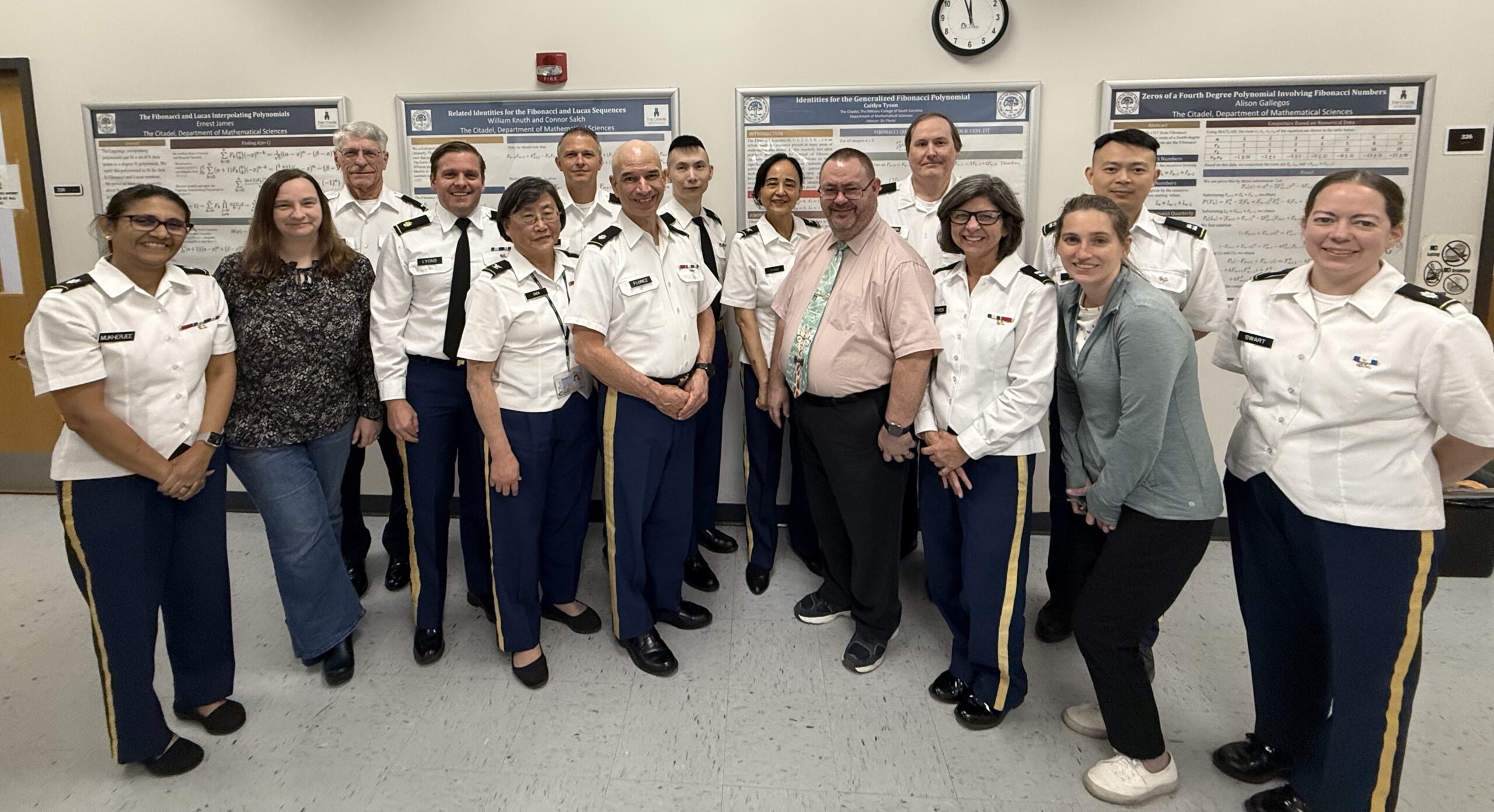
New B.A. in Mathematics
Why choose the B.A. in Mathematics?
- High-Demand Careers: 37,100+ math-related job openings/year. Median salary: $101,460.
- Flexibility & Focus: Designed for students who want a strong foundation in mathematics and the freedom to explore another discipline.
- Built on Excellence: Same expert faculty and courses as the B.S. in Mathematics— just with more room to customize your path.
Ideal for Students Who Want To:
- Double major (e.g. Accounting, Biology, Chemistry, Computer Science / Cyber Operations, Finance, Modern Languages, Psychology, Political Science, Physics, etc.)
- Prepare for professional school (Medicine, Law, Business)
- Pursue careers in tech, finance, government, education, and more
Click here for more information
B.S. Concentration in Data Analytics
Data-driven decision-making is now central to operations in fields like finance, technology, healthcare and government. Employers are seeking graduates with strong mathematical abilities to analyze and interpret complex data. The U.S. Bureau of Labor Statistics projects “much faster than average” job growth in careers requiring these skills, including roles such as data scientists, mathematicians, statisticians and financial analysts.
Click here to learn more about our B.S. in Mathematics with a concentration in Data Analytics
What Can You Do With a Math Major?
Most math majors don’t become professional mathematicians—and that’s a good thing. A degree in mathematics is less about memorizing formulas and more about learning how to think logically, solve complex problems and communicate ideas clearly. These are skills that employers in virtually every industry value.
Math majors go everywhere. They’re data analysts at Fortune 500 companies, quantitative researchers at investment banks, software developers at tech startups and operations strategists in logistics. Many pursue advanced degrees in statistics, computer science, economics, engineering or law. Others go on to teach, start businesses, or lead nonprofits. Some even work in cryptography, artificial intelligence or epidemiology—fields where math is at the core of innovation.
What sets math majors apart is their ability to tackle hard problems with precision and creativity. In an unpredictable job market, that flexibility is priceless.
So what can you do with a math major? Just about anything.
Learn more here.
What Can You Do With a Data Analytics Degree?
Data analytics is one of the most versatile and in-demand fields in today’s economy. A degree in data analytics isn’t just about crunching numbers—it’s about transforming raw information into insights that drive smarter decisions. Students learn to collect, clean, analyze, and interpret data; to use tools like Python, R, SQL; and to communicate results that influence business strategy, public policy, healthcare, and beyond.
Data analytics majors go where the data goes—which is everywhere. They work as business analysts for global corporations, data scientists for tech companies, marketing analysts for consumer brands, and financial analysts for banks and insurance firms. In healthcare, they help improve patient outcomes by analyzing treatment data. In government, they guide policy through evidence-based decision-making. In sports, they use performance data to give teams a competitive edge.
Many graduates pursue advanced study in statistics, computer science, economics, or business analytics, while others move into management and consulting roles that rely on data-driven leadership. Some become entrepreneurs, using data to identify market opportunities and launch new ventures.
What sets data analytics majors apart is their blend of technical expertise and critical thinking. They not only understand how to find patterns in data—they know how to explain what those patterns mean and why they matter. In a world where every organization wants to make decisions based on evidence, that skill set is invaluable.
Applied Math Competition
When: Saturday October 18 from 8am-3pm
The Citadel hosted an applied math competition on October 18 that was open to all undergraduate institutions. Students competed in teams of 4 in fun math competitions. The morning competition consisted of an applied math Modeling Contest. The afternoon competition was a fast-paced Math Jeopardy contest.
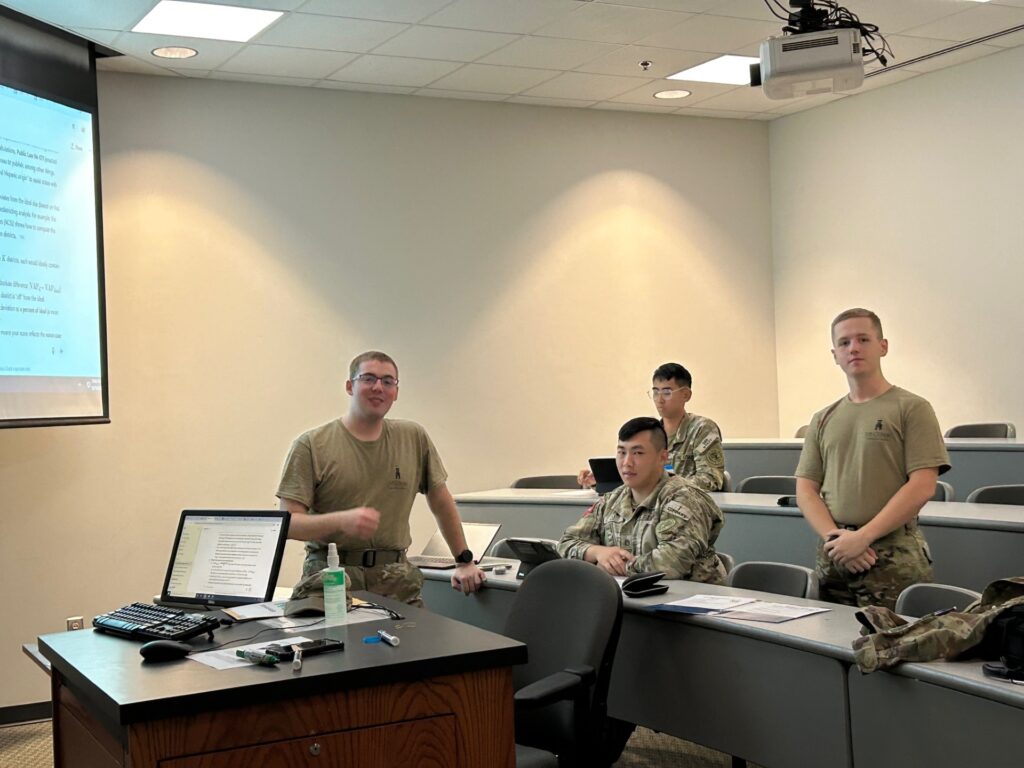
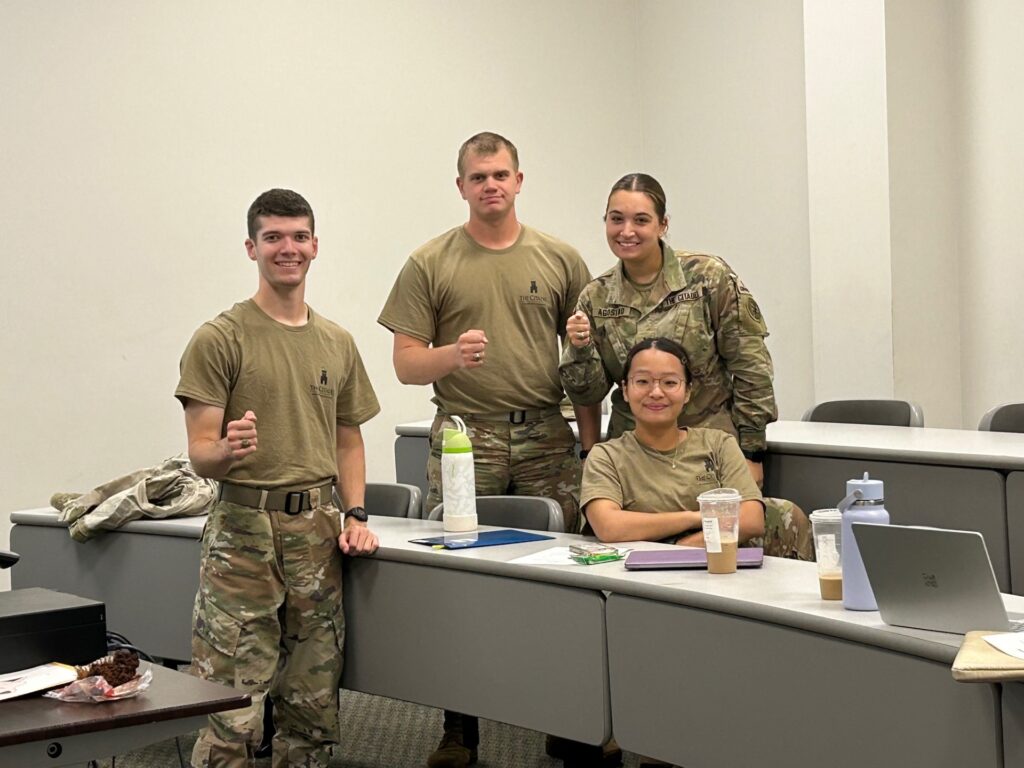
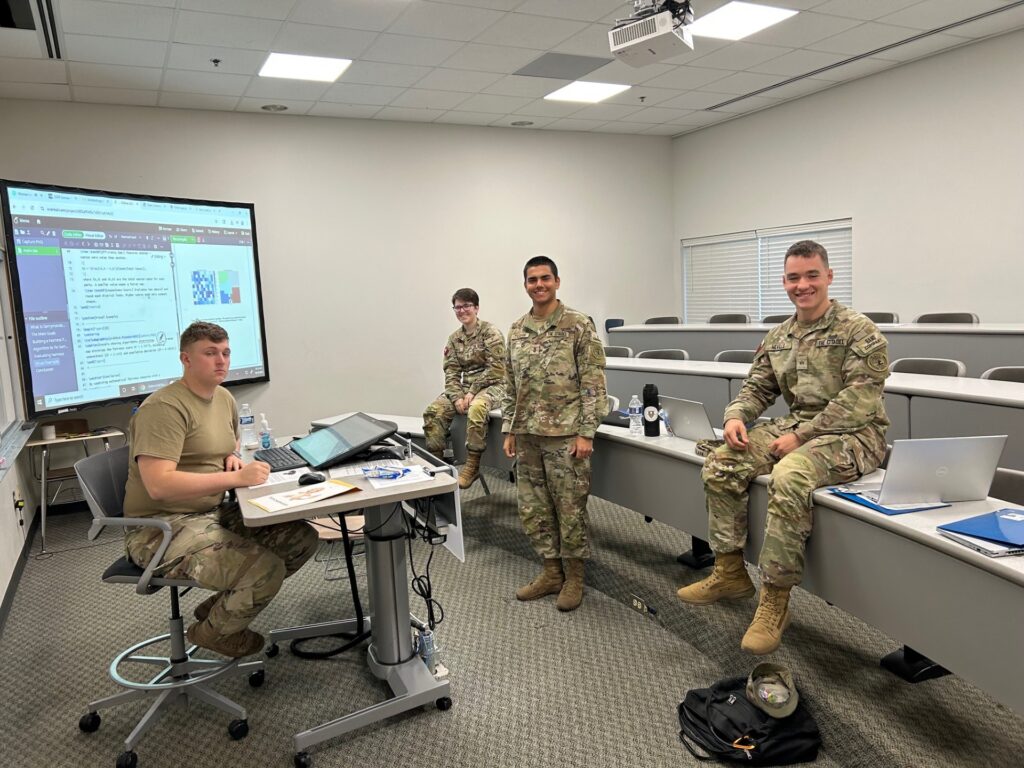
Click here to learn more (including schedule and FAQs)!
2025 Math Research Experience for Low-country High School Students and Teachers – July 14-18, 2025

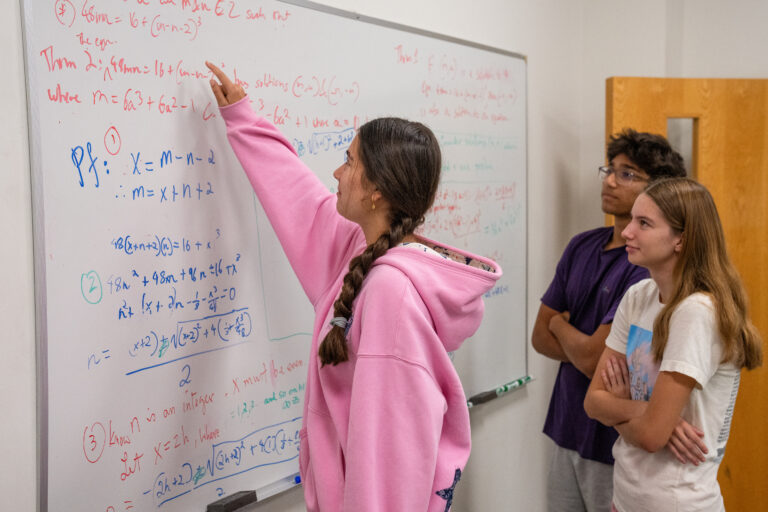
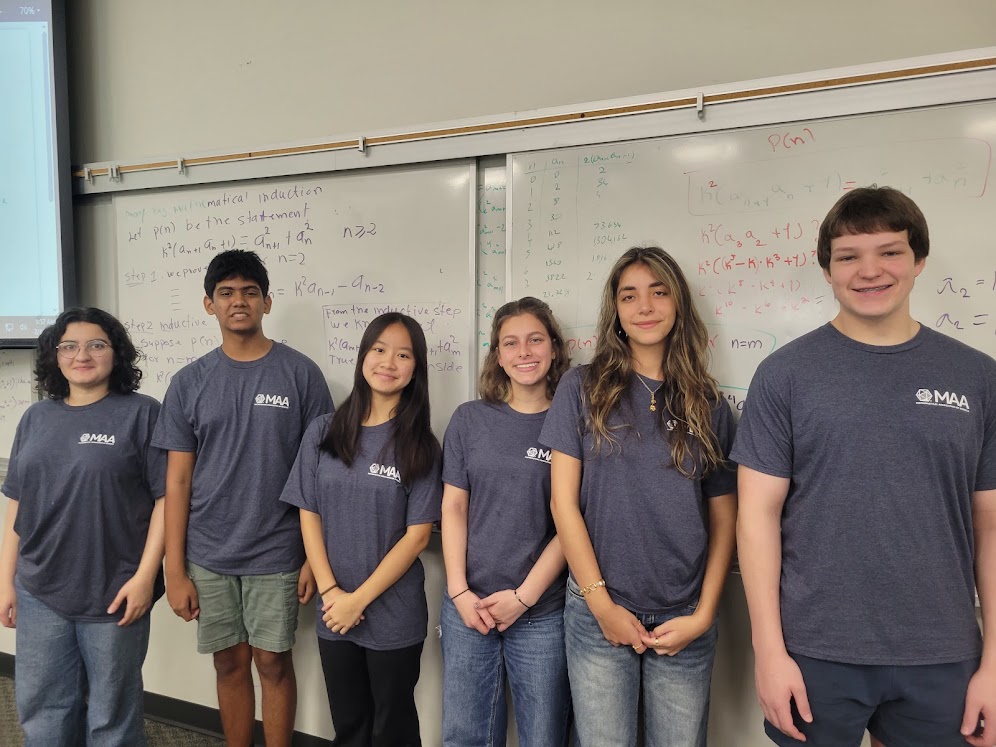
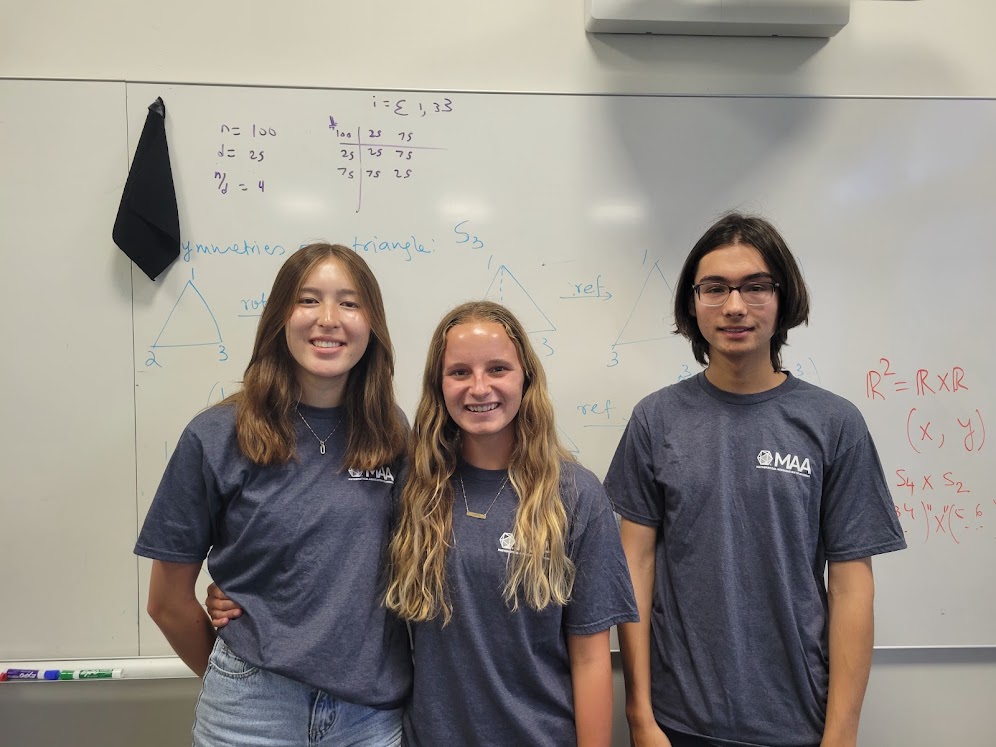
Fifteen high school students and two teachers from across the Lowcountry joined Citadel faculty for the 2025 Math Research Experience for Lowcountry High School Teachers and Students to learn about the research process and tackle open math problem. High school students and teachers participated in problem-solving sessions with groups.
Topics included Fibonacci numbers, combinatorics, number theory, statistics, and applied mathematics.
Click here to read more.
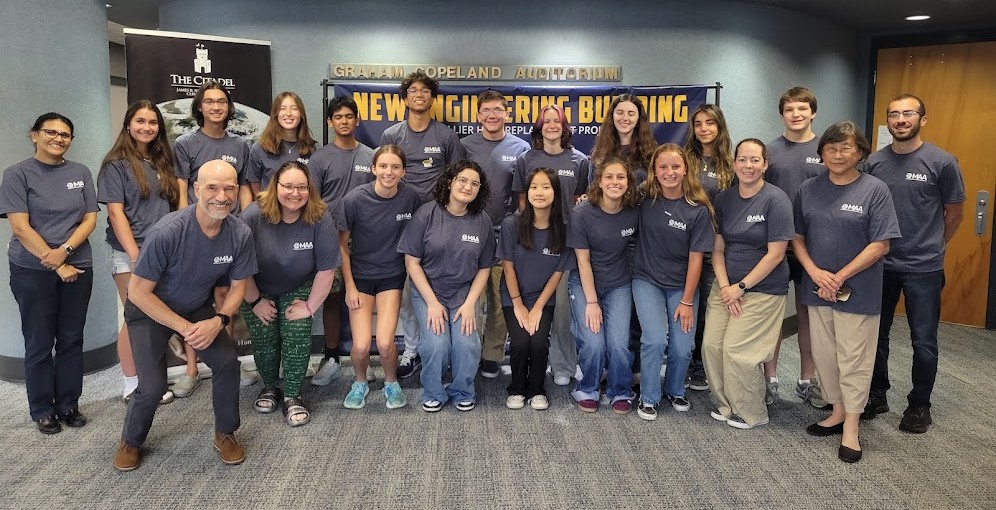

Follow us Instagram: @citadelmath and @citadelssm
Thompson Hall, The Citadel
171 Moultrie Street
Charleston, SC 29409
chenm@citadel.edu
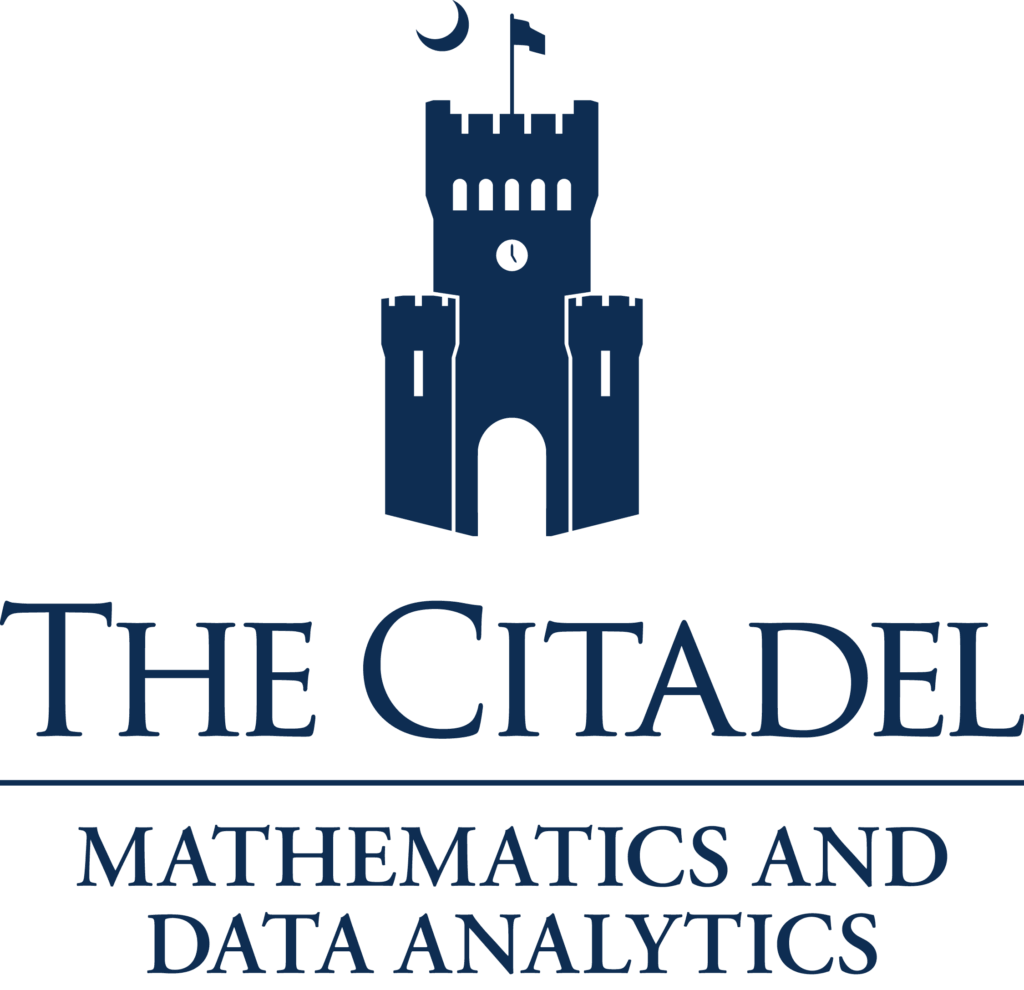

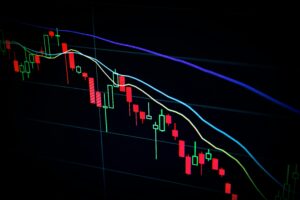
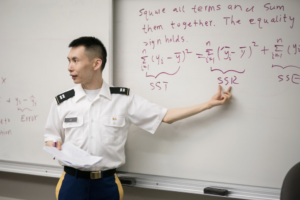
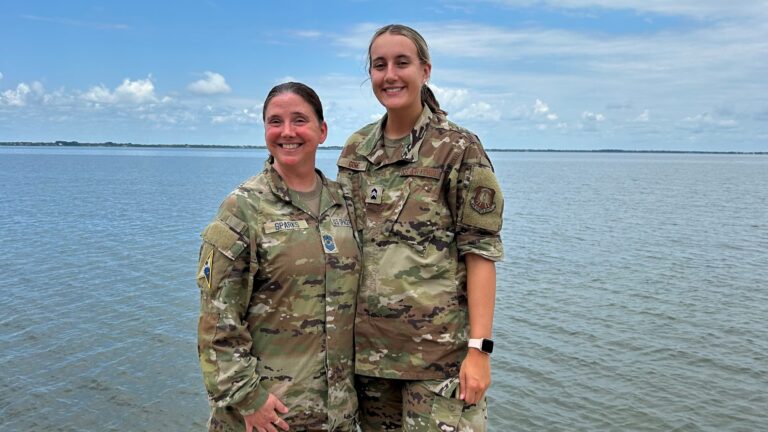
 Sadie Gomez, a junior at The Citadel, spent nearly a month this past summer at Maxwell Air Force and Patrick Space Force bases learning and training within the military’s most modern branch.
Sadie Gomez, a junior at The Citadel, spent nearly a month this past summer at Maxwell Air Force and Patrick Space Force bases learning and training within the military’s most modern branch.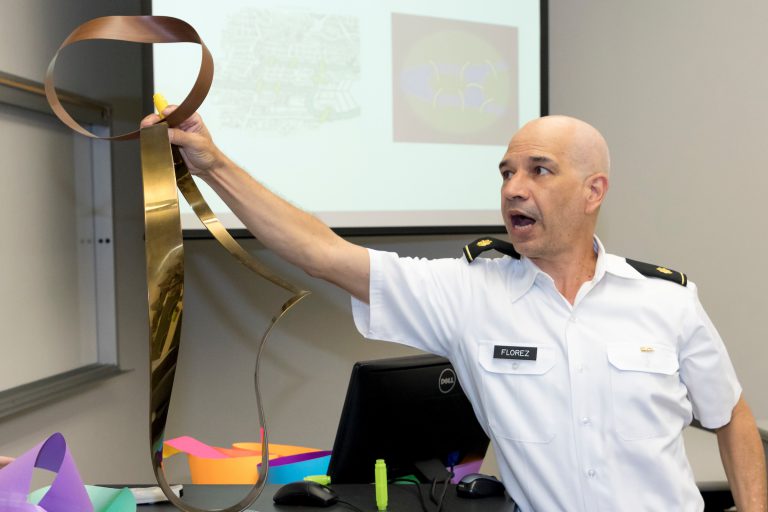
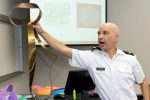 The Swain School of Science and Mathematics welcomes nine new faculty members for the 2020-2021 academic year.
The Swain School of Science and Mathematics welcomes nine new faculty members for the 2020-2021 academic year.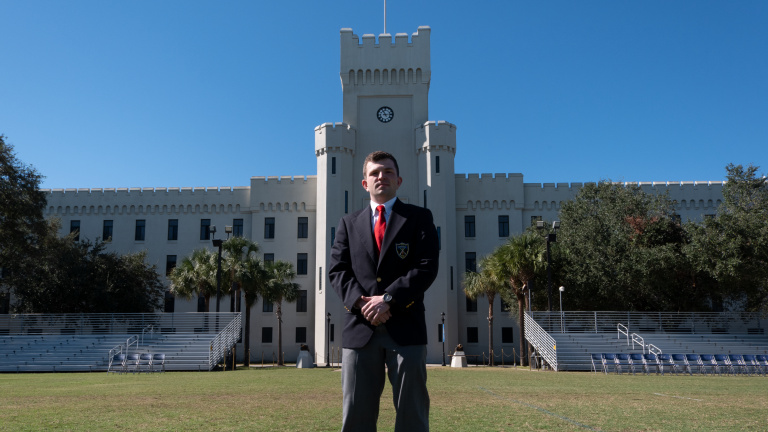
 A Citadel cadet, along with two professors, wrote an academic paper titled "Matrices in the Hosoya Triangle" which was published in The Fibonacci Quarterly.
A Citadel cadet, along with two professors, wrote an academic paper titled "Matrices in the Hosoya Triangle" which was published in The Fibonacci Quarterly.